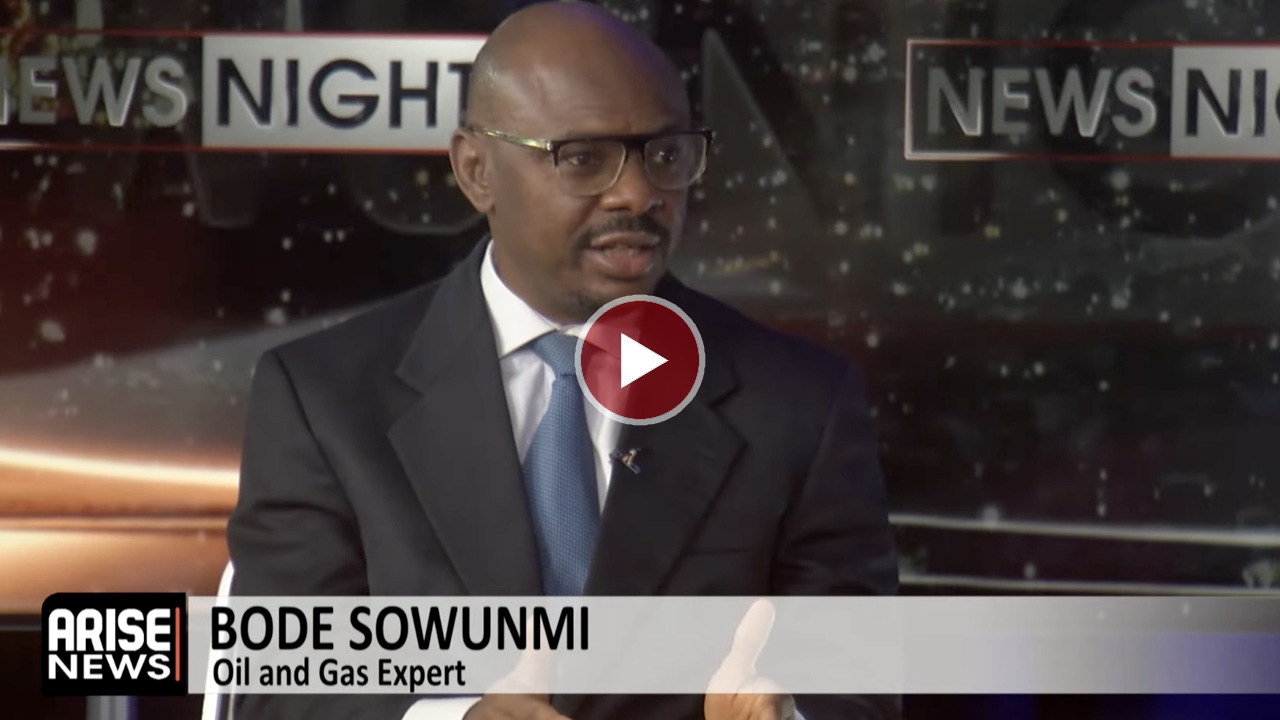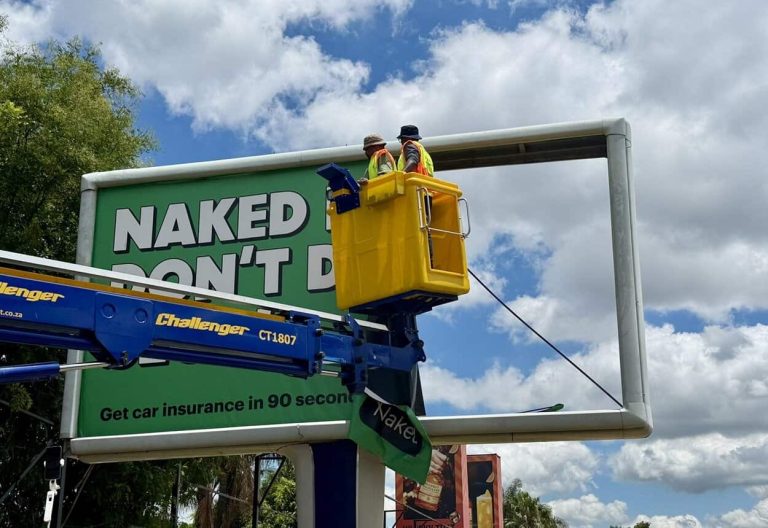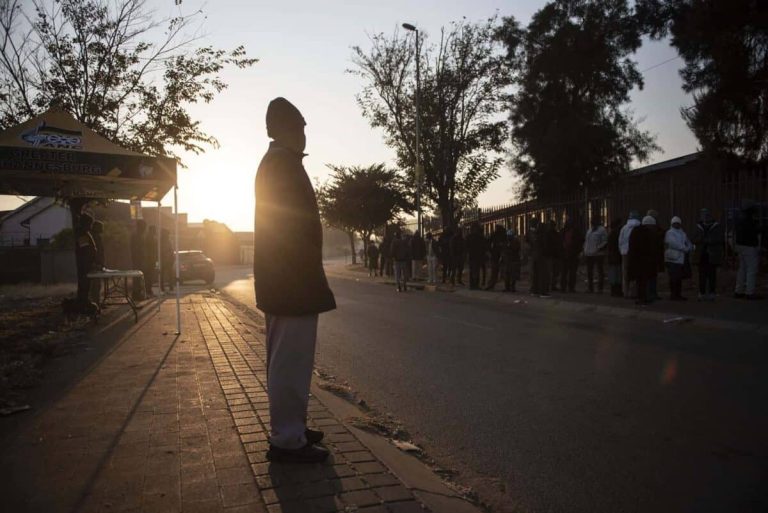

Oil and gas expert, Bode Sowunmi, says Nigeria’s continued importation of petrol despite the operational status of the Dangote Refinery is not an anomaly, noting that import levels will keep reducing as the refinery and others reach full capacity.
Speaking in an interview with ARISE News on Thursday, Sowunmi explained that the figures being circulated about petrol importation were being misinterpreted.
“I used to work in market research, and there’s an axiom that says: there are lies, damned lies, and statistics,” he said. “Sometimes statistics can be skewed in a way that doesn’t quite present the facts. The data being quoted, which came from the NMDPRA’s presentation to the National Assembly, actually covers about 18 months, not one year as reported. So the numbers are not a true per-annum reflection.”
Sowunmi said although the Dangote Refinery has a capacity of 650,000 barrels per day, it is not yet operating at full strength.
“Dangote Refinery, which is a great development and a source of national pride, is currently operating at about 70 percent capacity. That’s already significant, as Dangote produces nearly 27 percent of Nigeria’s daily petrol consumption,” he said.
He stressed that importation remains normal even in countries with major refining capacity.
“It is normal that even in every nation in the world, including the US and Saudi Arabia, there’s still some amount of importation. In fact, Dangote Refinery itself exported petrol to the US recently. So the fact that we are still importing is not abnormal,” he added.
Sowunmi maintained that Nigeria’s importation of petrol has continued to reduce since the Dangote Refinery began operations.
“We import based on what we need. If we can produce all that’s required locally, importation will drop to a minimum. Importation has consistently reduced since Dangote came on board — that’s a fact,” he said.
On why Dangote Refinery has yet to meet total domestic demand, Sowunmi said the issue is not about unwillingness to supply but capacity and feedstock availability.
“Dangote can only supply what it can produce. It’s not as if there is production and people are refusing to buy. The local demand is simply higher than what Dangote can currently meet,” he explained.
He said it would take time for Nigeria to reach near-total reliance on local production.
“Even at full capacity, Dangote alone cannot meet all local demand. Achieving 100 percent dependency on local production will take other refineries coming on stream — like the Port Harcourt, BUA, and Adibutu refineries. These projects take time and huge investment. It’s not something that happens overnight; it’s infrastructure, not pepper we’re selling,” he remarked.
On the state-owned refineries, Sowunmi urged a proper audit to determine the real issues affecting them.
“We can’t just write off the Port Harcourt, Warri, and Kaduna refineries. There must be a proper audit to find out whether the problems are sabotage, corruption, or incompetence. These refineries have worked before and can work again. We just need to get to the root of why they’re not producing,” he said.
Boluwatife Enome



